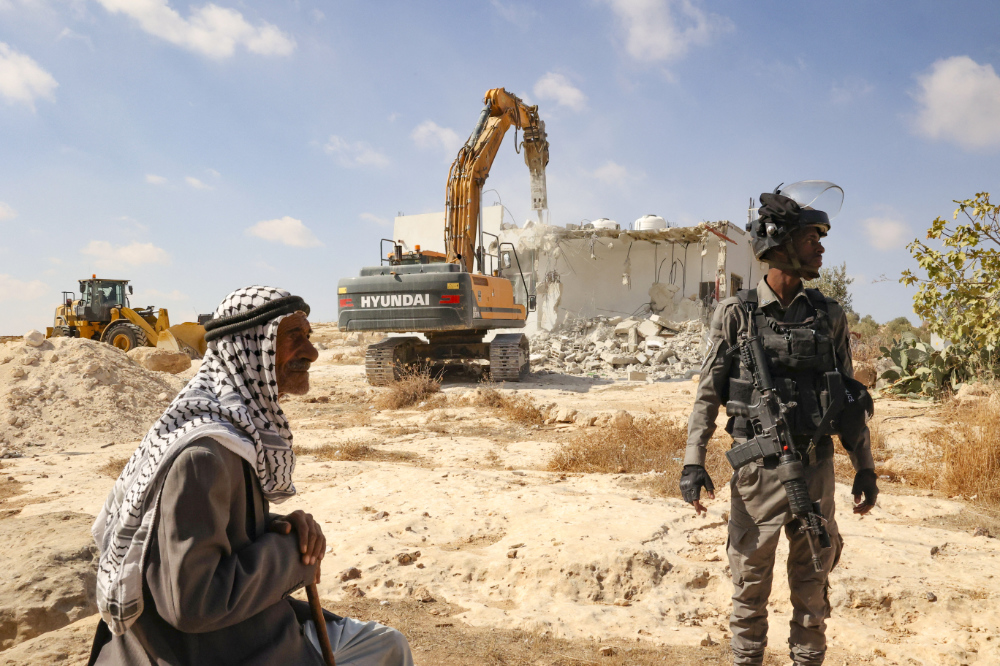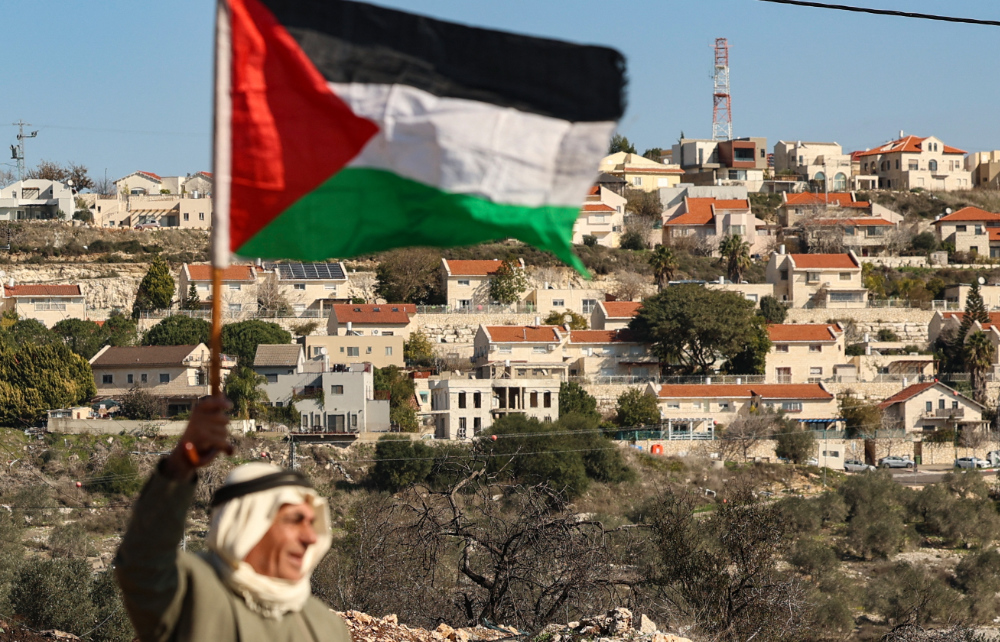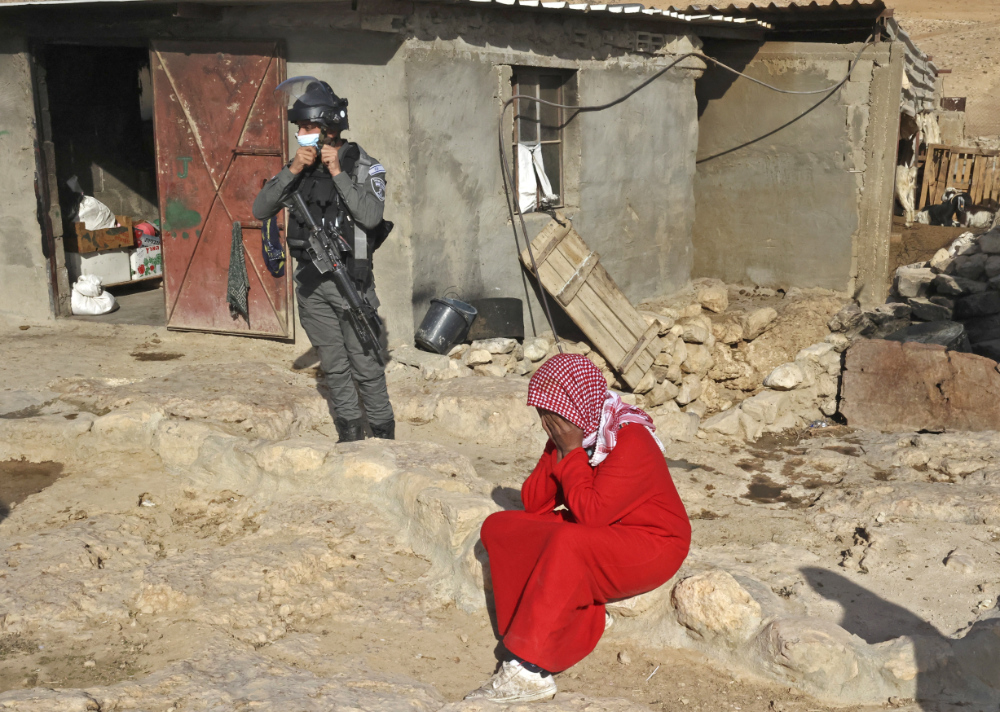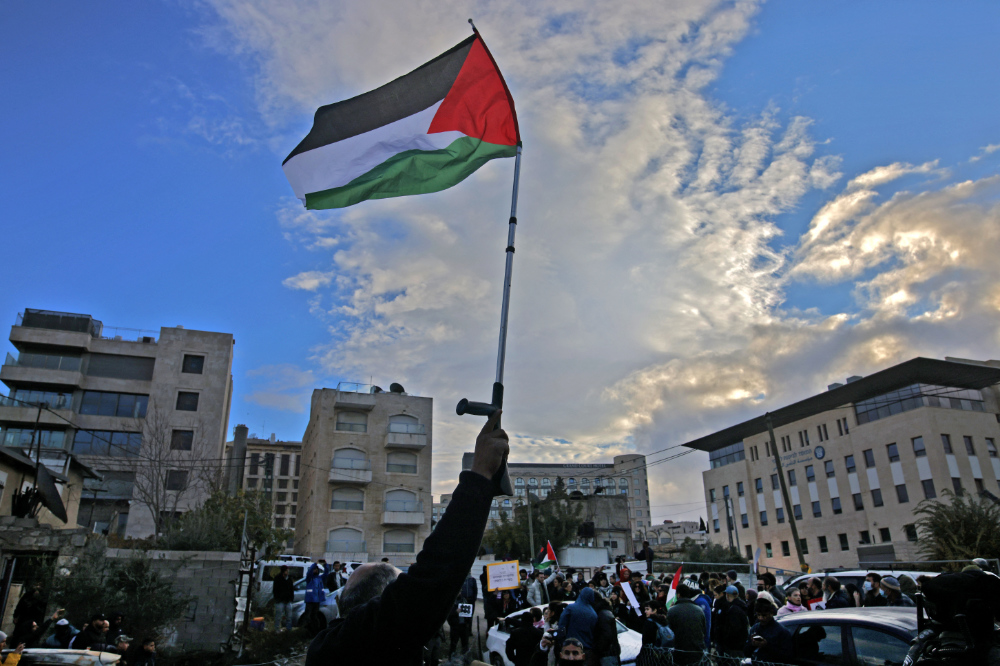Opposition says Iran created mercenary naval unit for attacks
PARIS: Iran has created a new naval militia made up of mercenaries from around the region to attack enemies in its neighborhood and particularly off Yemen, the exiled opposition alleged on Wednesday.
The National Council of Resistance of Iran said the unit had been created as part of the Quds Force, the arm of the Revolutionary Guards responsible for extra-territorial operations.
“The Quds Force has been recruiting mercenaries for newly created, armed and trained terrorist units to attack ships and maritime targets in the region,” it said in a report based on information received from Iran.
The NCRI, which is outlawed in Iran and is the political wing of the People’s Mujahedin, said the mercenaries were being hired from Iraq, Lebanon, Syria, Yemen and Africa.
The fighters are brought to Iran for training and then sent back to their home countries to conduct the operations, it said.
“The strategy affords the politically weakened and vulnerable Iranian regime a veneer of plausible deniability for its proxy war in the region, as it seeks to augment the export of terrorism on which it depends,” the group added.
It said the primary location for naval commando training is at a naval academy in Ziba Kenar on the Caspian Sea in Gilan Province.
The militia troops are then organized in naval commando battalions, which are deployed in the Arabian Sea, the Bab Al-Mandab Strait between Yemen and the Horn of Africa and the Red Sea.
The aim is to “disrupt maritime navigation of commercial ships, to attack ports, conduct ship hijackings and plant mines.”
It detailed examples where such operations had already been carried out including suicide and bomb attacks using small boats off Yemen’s Red Sea port of Hodeidah.
Iran is deeply implicated in Yemen’s seven-year war, where it backs Houthi rebels in their fight against the government. Tensions have soared after the rebels launched missile attacks on UAE.
“No rockets are fired, no attacks on ships take place, and no suicide speed boats target the shores, unless the order has come from Tehran,” said Soona Samsami, the NCRI’s representative in the US.

Iranian teachers in new day of protests over payUS officials say negotiations on Iran nuclear program at crossroads







